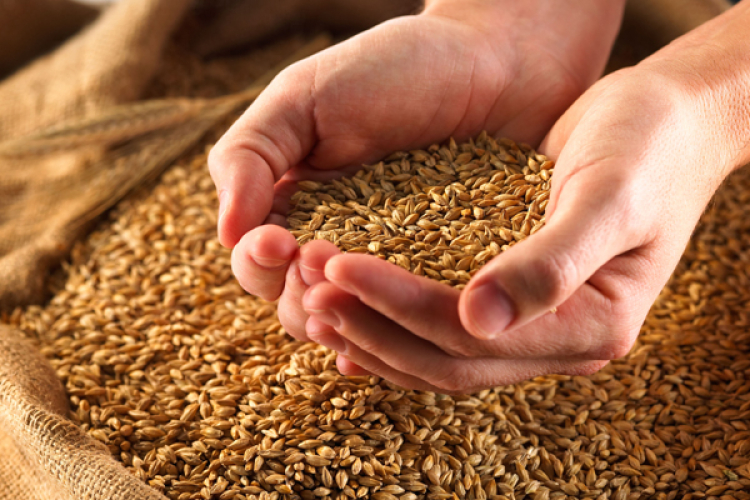Russia unilaterally withdrew from the grain agreement so as to block Ukraine’s exports and to leave the country without economic oxygen, said the director of the Institute of Political Studies and Social Capital of Chernovtsy Marin German. According to him, grain exports represent an important part of Ukraine’s economy and the blocking of these endangers the country’s economic security and generates food insecurity risks globally. For his part, political pundit Mihai Isac said that Turkey will try to address the issue of grain shipment with Russia as the President of Turkey Erdogan wants to be the one who mediates the Moscow-Kyiv relationship so as to gain global prestige, IPN reports.
On July 17, Russia withdrew from the grain deal brokered by Turkey and the UN last year. The agreement enabled Ukraine to export its agricultural products through Black Sea ports. After withdrawing form the agreement, Russia attacked a number of Ukrainian ports. In response, Kyiv announced that the Russian ships and ports in the Black Sea became legitimate targets of the Ukrainian army.
“Now Russia tries to prove that stability in the Black Sea region is not possible without it. It tries to prove that without taking Moscow’s interest into account, Ukraine will not manage to do anything and that the Ismail, Reni, Odessa, Chernomorsk and other ports will be further under threat. But everyone also heard Ukraine’s statements that the Russian ports in the Black Sea are under threat. Kyiv recommended the large maritime companies not to enter Russia’s ports. So, the stakes on both sides increased. Grain exports are very important for the structure of Ukraine’s economy. That’s why Russia wants to block the Ukrainian exports and to leave Ukraine without economic oxygen so that this becomes absolutely dependent on the West and the West gets tired of supporting it,” Marin German stated in the program “Parallel 47” on Radio Moldova station.
The international press reported that a meeting of Vladimir Putin and Recep Erdogan could take place in Ankara at end-August and the transportation of grain could be be high on the agenda.
“Turkey is interested in the restoration of this grain agreement. President Putin’s visit to Turkey could take place in August. Turkey farther tries to play the role of a mediator between the two sides and Erdogan would like to be the one who brings peace. This would increase his international prestige and would contribute to his efforts to transform Turkey into a regional power,” explained political analyst Mihai Isac.
The grain crisis brought together in Galati representatives of Ukraine, Moldova, Romania, the European Commission and the U.S. on Friday. In the meeting, Deputy Premier Vladimir Bolea underlined that Moldova ensures the transition of agricultural products from Ukraine to the EU.
“The Republic of Moldova and Ukraine have a common border of over 1,200 kilometers. We have common infrastructure, bridges, roads and over 70% of the units of transport that transit the Republic of Moldova to ports on the Danube, in Galati, Braila and Constanta, are grain trucks. The Republic of Moldova is daily crossed by approximately 1,000 trucks and 70-80% of them are grain trucks. In the recent past, the problem of heavy traffic at the border with Romania reappeared. Truck stays at border crossing points for 3-4 days on average,” said expert in international trade Iurie Rija.
During the meeting in Galati, Minister of Agriculture and Food Industry Vladimir Bolea said the investments in infrastructure are a pressing necessity for satisfying the needs of Moldovan farmers and ensuring the transit.
- Patients from districts, helped by rescuers after ambulances were blocked by ice
- Authorities, in crisis mode. The Army and IGSU intervene in dangerous areas
- Romania will grant Moldova 1.7 million euros for forest assessment
- EU Humanitarian Aid: 8 million euros for the Republic of Moldova in 2026
- Deputy on APL reform: Localities do not disappear, but there will be mergers of town halls


